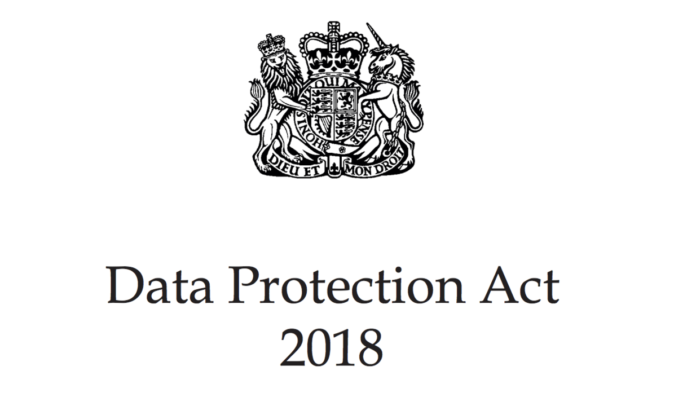
London – A number of amendments to the Law on Data Protection and Digital Information have been approved. These changes will create an innovative data protection regime in the UK and crack down on welfare fraud scams and allow the country to realize new freedoms post-Brexit while offering new economic opportunities worth an expected £5.9 billion .
The changes include new powers to request data from third parties, particularly banks and financial organisations, to help the UK government reduce welfare fraud and save taxpayers up to £600 million over the next five years.
The new proposals would allow regular checks on bank accounts held by benefit claimants to spot increases in their savings that push them over the benefit eligibility threshold, or when people spend more time abroad than benefits rules allow.
This will help identify fraud and take action faster. Another measure offers vital reassurance and support to families grieving the loss of a child. In cases where a child has died by suicide, a proposed “data retention process” would require social media companies to retain any relevant personal data which could then be used in subsequent investigations or inquests.
Current rules mean that social media companies are not obliged to keep this data for longer than necessary, meaning that data that could prove vital to coroner’s investigations could be deleted as part of a platform’s routine maintenance .
The change unveiled today represents an important step for families dealing with the loss of a loved one and takes further steps to ensure harmful content has no place online.
Secretary of State for Science, Innovation and Technology, Michelle Donelan, said: “Britain has seized a key Brexit opportunity – boosting small businesses, protecting consumers and cracking down on criminal enterprises like nuisance calling and benefit fraud. These changes protect our privacy and data while also injecting common sense into the system – whether it is cracking down on cookies, scrapping pointless paperwork which stifles productivity, tackling benefit fraud or making it easier to protect our citizens from criminals. These changes help to establish the UK as a world-leading data economy; one that puts consumers and businesses at the centre and removes the ‘one-size-fits-all’ barriers that have held many British businesses back.”
Riccardo Cacelli
r.cacelli@cacelli.com


